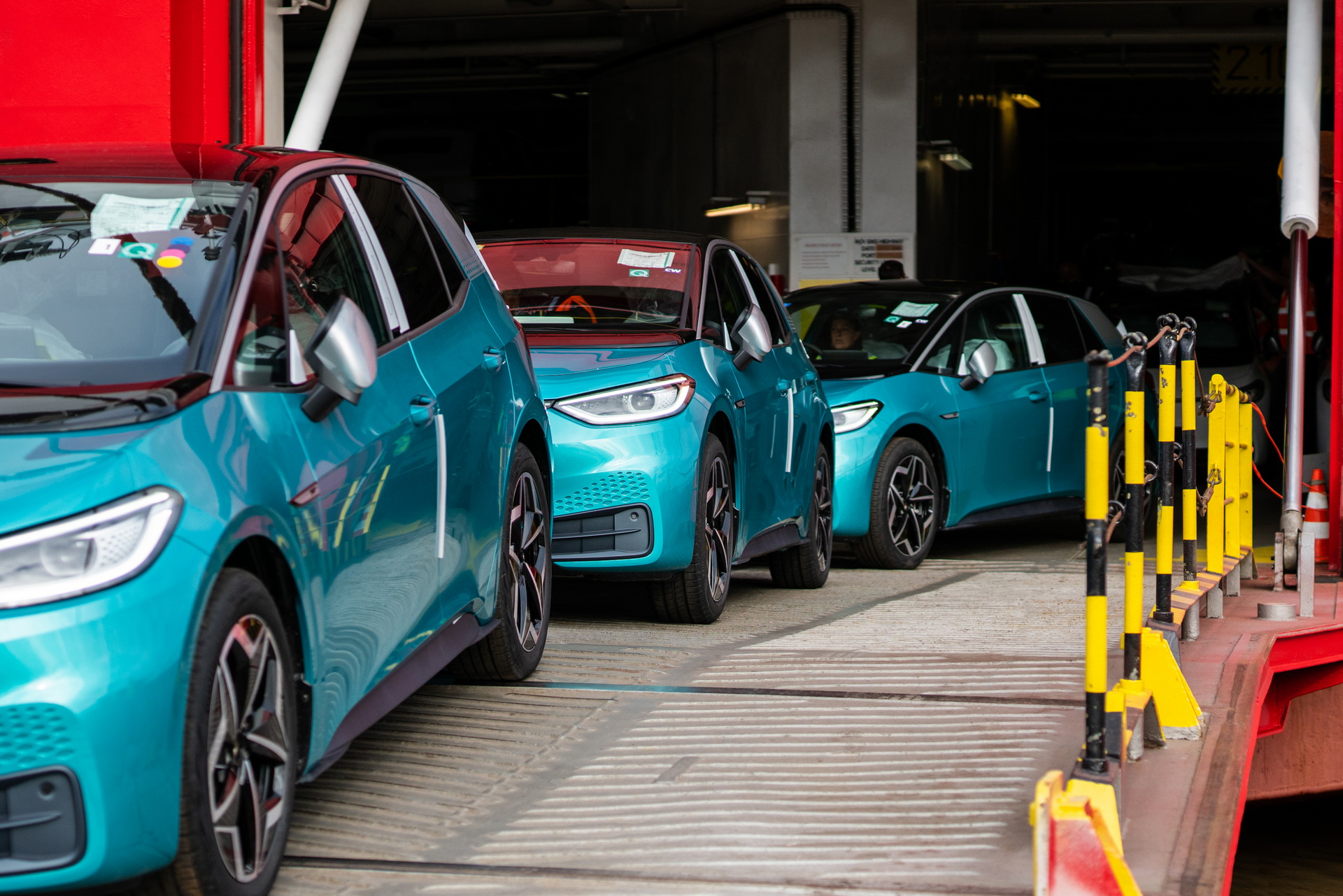Even though Volkswagen Group is at the forefront of electrification with a rapidly expanding range of fully electric models, a new study from the Center of Automotive Management (CAM) reveals that the German carmaker might not be able to cope with the demand and that its profit per vehicle could be decreased by a full quarter due to their continuing investments in ICE development.
The study used VW as an example, suggesting that all major automakers will have difficultly meeting the rapidly growing demand for electric vehicles expected in the near future. The main reason for that is the ongoing spending for the development of internal combustion models, which although significantly decreased over the past decade, is still deemed too high by the study and without prospects to pay off.
Also, it will be a challenge for the traditional automakers to maintain their market share, having to drastically change the ICE/HEV/PHEV/BEV range mix, in contrast with younger and all-electric carmakers like Tesla.
As reported by Automobilwoche, the CAM study analyzes three scenarios for the future. By 2030, the electric vehicle market share could reach between 50 to 90% in Europe, 40-80% in China, and 40-75% in the US. In the worst-case scenario with the highest demand, VW Group could lose as much as 2.7 million electric vehicles in sales in those three major markets.
The upcoming, and ever-stricter, emission regulations will eventually put a stop to the sale of new ICE models, forcing automakers to withdraw them from the market before getting a full return on their investments. This, in combination with the high production costs associated with BEVs and the need for competitive pricing, will result in a decrease in the profit per vehicle which could amount to up to 25%. According to the study, battery prices are expected to reach from €40 per kW/h all the way up to €70 per kW/h by 2030, making it difficult for EVs to become highly profitable.
Read Also: VW Aims To Overtake Tesla As World’s Largest EV Maker By 2025
In 2020, Volkswagen was the second best-selling automaker with 8.965.000 new car sales, following Toyota (9.386.145). In electric car sales though, Volkswagen came third with 231.600 units, behind the dominant Tesla (499.550) and SAIC (243.000). According to the latest announcements, VW wants to become the world’s largest EV manufacturer by 2025. The German automaker will be offering a wide range of BEVs, including the ID.3 (Golf-sized hatchback), ID.4 (Tiguan-sized SUV), ID.5 (coupe-SUV), ID.6 (Passat-sized SUV), ID.8 (Atlas-sized SUV), and ID.BUZZ (T7-sized MPV), alongside the production version of the project Trinity flagship.






